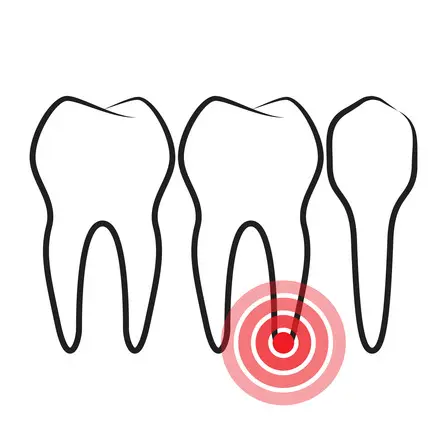Root Canal vs. Tooth Extraction


As a conservative approach to dentistry, a tooth extraction is normally a last resort and only conducted if the tooth cannot be saved through endodontic therapy such as root canal treatments. When a tooth is extracted, it puts neighboring teeth at risk. An empty tooth socket does not provide the support necessary to keep surrounding teeth in their proper position. Over time, teeth may drift toward the extraction site, thus heightening the risk for further tooth loss.
Root canal therapy is a cost-effective method for preserving damaged teeth when compared to the cost of replacing an extracted tooth with a prosthetic such as a bridge or dental implant. In some cases, after a root canal treatment is administered, your dentist may place a restoration such as a crown to provide further protection and stability to the affected tooth. After treatment and recovery, patients no longer feel discomfort and are able chew food comfortably.
During a root canal procedure, your dentist will take all measures necessary to ensure your comfort and relaxation. Sedative medication may be administered to promote an anxiety-free experience and anesthetics will be used to effectively numb the affected area(s). Most patients are able to return to work the day after their procedure.
If you’re in need or restorative dentistry or a root canal, contact our office at 210-616-0858 to reserve an appointment with our dentist.